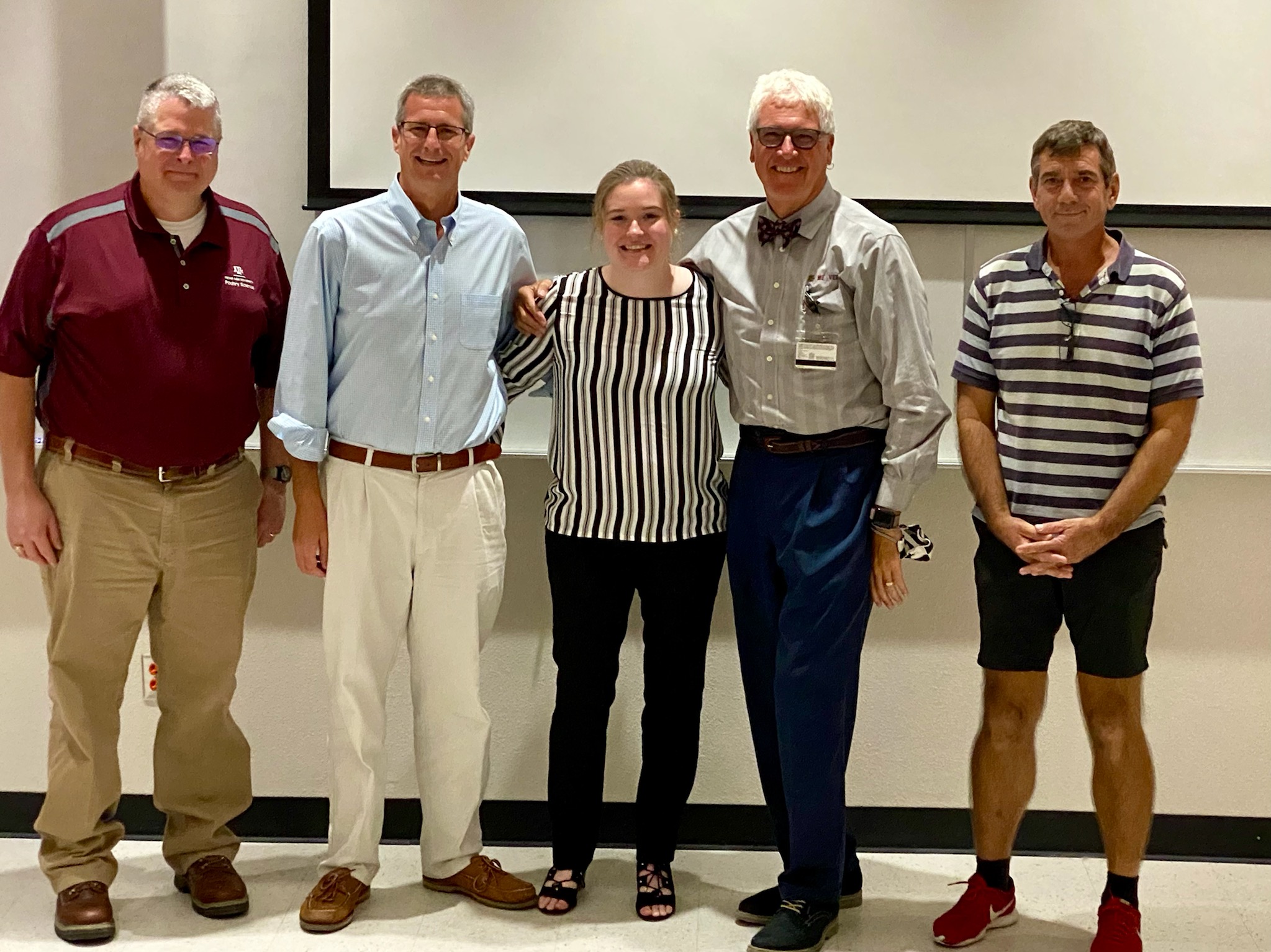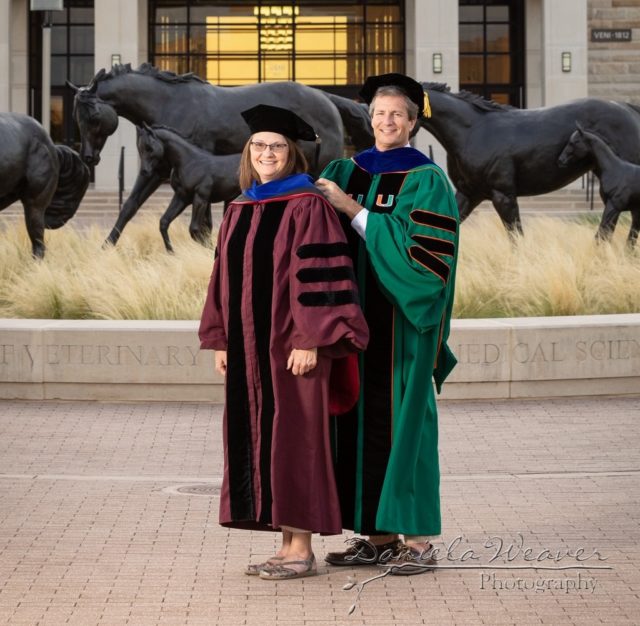The Criscitiello Lab studies immunology and evolution. Most of our research focuses on the early natural history of the vertebrate adaptive immune system, with particular attention given to the genetics of lymphocyte antigen receptors, mucosal immune mechanisms in the gut, antigen presentation and invertebrate innate immunogenomics.
Student Highlights


Current Projects

Sharks represent our most distant cousins that share our adaptive immune system of immunoglobulins, T cells, and an adaptive response with specificity and memory. The Comparative Immunogenetics Laboratory uses this and other species to learn the immune system’s past and how it can best be used in the future.
- Evolution of RAG and AID diversification mechanisms for lymphocyte repertoires
- Use of diverse antibody structures for novel antigen recognition
- Natural history of primary and secondary lymphoid architecture
- Assisting biomedical engineering teams in high-throughput repertoire analysis and synthetic immune tissues
- Use of non-canonical amino acids and post-translational modifications in immunity
- Natural history of loci important for innate and adaptive immunity

